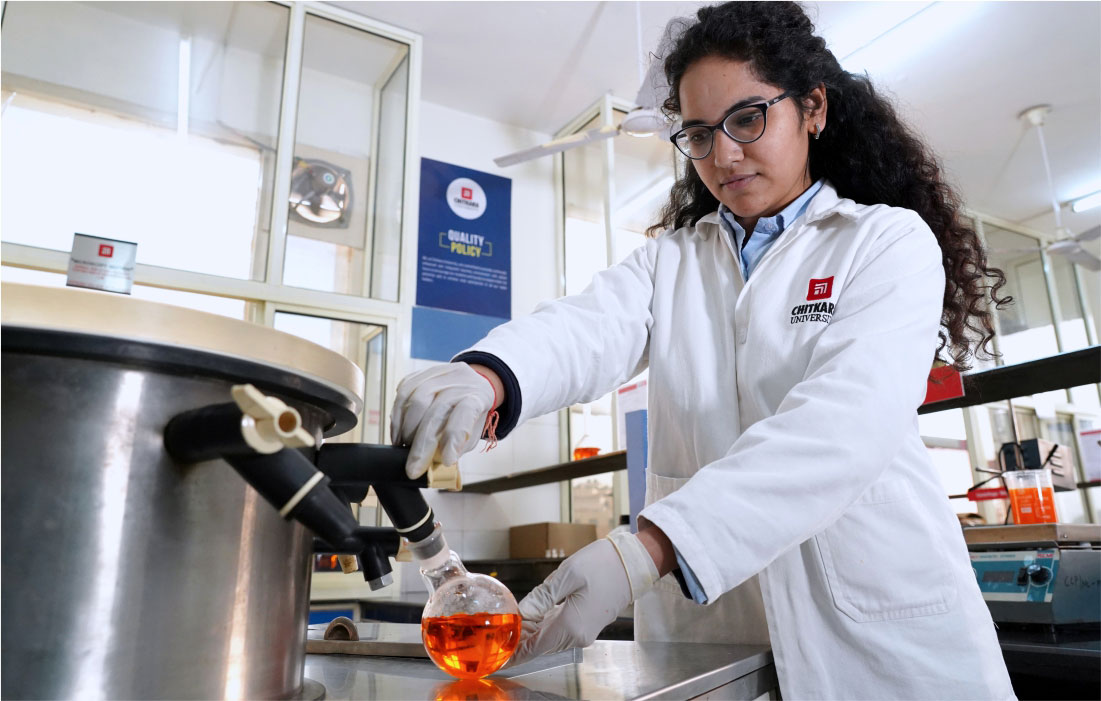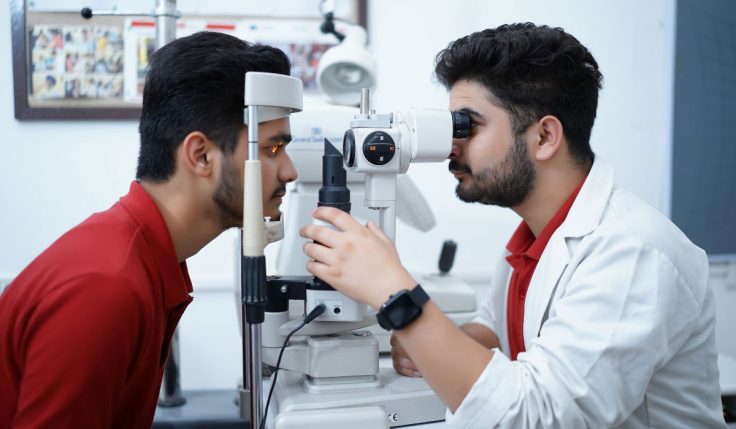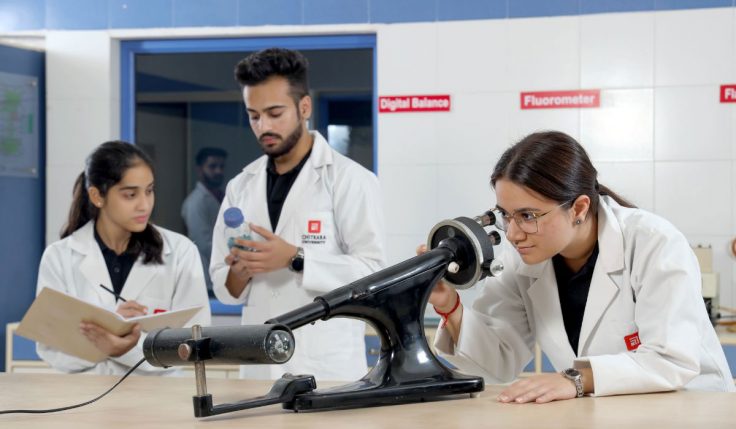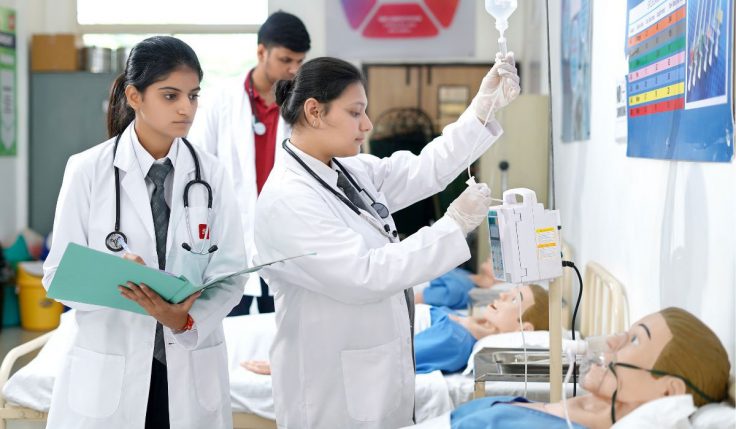Pharmacy is an advanced clinical science that includes many different subjects associated with discovering, manufacturing, provisioning, and properly using drugs. It is an expanding industry that offers many different career options for candidates.
One of the most chosen degrees is called Pharm. D or the Doctor of Pharmacy which spans six years and covers a wide range of Pharmacy subjects. Other than the main subjects included in Pharmacy, some of the learnings of patient healthcare services are also included in the curriculum of this degree.
There are many job opportunities available to students once they complete the study program of Pharm. D. In this blog, we will list them one by one.
Clinical Pharmacist: The primary role of a clinical pharmacist is to help patients in taking the right dosage of prescribed medication. They are professionals who advise healthcare workers about drug interactions, storage of medications, and possible side effects.
A clinical pharmacist is likely to work with hospitals and clinics for assisting in the direct care of patients. Other than maintaining records of medications for patients, these professionals also ensure that they manage the pharmacy care plans strategically.
Clinical Pharmacists also help doctors in keeping a track of patient recovery and make recommendations about medications and dosage in case there is a need.
Staff Pharmacist: The staff pharmacists are employees who assist patients by handing them medications based on their prescriptions. They advise patients on medication dosage as it has been recommended and also inform them about any other side effects.
The staff pharmacists often combine medications on the basis of a patient’s needs in case the prescribed medicine is not available. They are responsible for reporting to the Pharmacy Director.
Retail Pharmacist: A retail pharmacist is a customer-facing professional who is usually responsible for offering prescribed medications to patients. These professionals also supervise the support staff that is usually employed at a Pharmacy.
Retail pharmacists arrange training sessions for staff and also help with their performance appraisal. In case a staff pharmacist wants to meet a patient’s needs, a retail pharmacist is expected to see the process and offer final approval before handing it over to the patient.
Most retail pharmacists work closely with a director of the Pharmacy and report to them about the way in which a Pharmacy functions.
Pharmaceutical Consultant: A Pharmaceutical Consultant is a professional who might associate with consultancy firms and may sometimes even be self-employed. Most companies hire consultants for getting their help in launching new drugs, increasing the sale of present drugs, and also creating brand strategies.
Many times, a Pharmaceutical Consultant is also known as a Pharmaceutical Advisor who can help the companies in product testing and implementation of new software in a company.
Pharmaceutical Scientists: Most Pharmaceutical Scientists are responsible for creating drugs when it comes to treating different kinds of illnesses. This helps in testing how different ingredients in a medicine interact with each other.
Pharmaceutical Scientists are also responsible for testing the effects of drugs on human beings and identifying their possible side effects. These professionals work closely with other scientists in a laboratory. They collect data and organize it for creating innovative drug interaction reports.
Conclusion:
Pharmacy is a vast field that has a lot to offer. That said, it takes diligent work and careful planning for choosing the right study program. Enrolling in a study program such as Pharm.D from an institution such as Chitkara University can put students on the path to success.
In case you are someone who wishes to build a dependable career in the field of Pharmacy then enrol in the course of Pharm. D today and know more.






